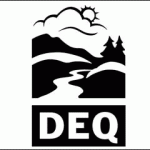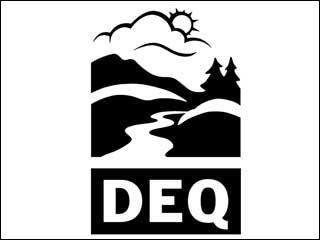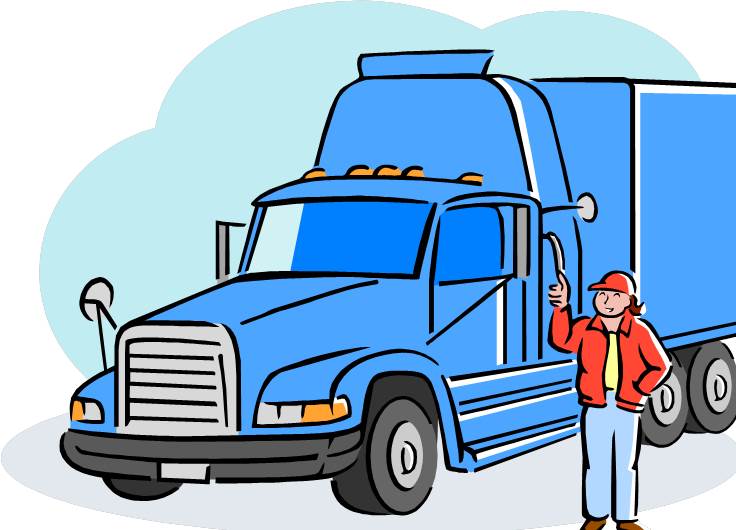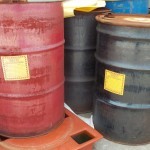The Bullet:
The Oregon DEQ fined Agilyx Corporation $45,600 for multiple and repeated violations of the state’s hazardous waste regulations. The facility was developing a production process that converts plastic to crude oil under contract with Waste Management. Read the Oregon DEQ press release: Oregon DEQ Fines Agilyx Corporation $45,600 for Hazardous Waste Violations
Who:
Oregon Department of Environmental Quality
811 SW Sixth Avenue, Portland, OR 97204 | Tel/503-229-5696
- Steve Siegel, Environmental Law Specialist, Portland, 503-229-5395
- Jay Collins, Hazardous Waste Program, Portland, 503-229-5008
Agilyx Corporation at 701 N. Hunt St., in Portland. It operates under contract a with Waste Management.
What:
Violations include:
- Failure to properly label containers containing hazardous waste.
- Failure to mark the containers with accumulation start dates.
- Storing hazardous waste for more than 90 days without a permit.
- Storing hazardous waste in containers that were not kept closed except when actively adding or removing hazardous waste.
- Failure to maintain a current contingency plan.
DEQ also cited the company, without penalty for:
- Failing to leave adequate aisle space between containers
- Failing to store universal waste in closed containers.
When:
- Initial inspection by Oregon DEQ conducted on September 2, 2014.
- Notice of Civil Penalty Assessment and Order from Oregon DEQ to Agilyx Corporation: March 9, 2015
- Pres Release Date: March 16, 2015.
- Agilyx has until April 2, 2015 to appeal the penalty.
Where:
- Oregon Department of Environmental Quality 811 SW Sixth Avenue, Portland, OR 97204 | Tel/503-229-5696
- Agilyx Corporation at 701 N. Hunt St., in Portland, OR 97217
Why:
Oregon DEQ issued this penalty because improper management of hazardous waste threatens public health and the environment. Failure to comply with hazardous waste regulations increases the risk that the public or the environment could be harmed by mismanagement of hazardous waste. DEQ is particularly concerned because it identified similar violations during a 2011 environmental audit and during a 2013 inspection of another Agilyx facility in Tigard, OR.
How:
The Oregon DEQ is the enforcement agency for environmental regulations in the state of Oregon – one part of those environmental regulations are the hazardous waste regulations. Oregon DEQ is authorized under the Resource Conservation and Recovery Act (RCRA) to manage the hazardous waste program in Oregon as long as its state regulations are at least as strict and as broad as those of the USEPA. This give Oregon DEQ the ability to conduct inspections of regulated facilities within its jurisdiction and to issue fines for violations of its state regulations.
Conclusion:
It appears that Agilyx is a company that is trying to do the right thing: After all, who can argue with turning waste plastic into high grade crude oil? But it appears from this press release that they became lax on complying with the state hazardous waste regulations.
All of the violations Agilyx was cited for are addressed in my Hazardous Waste Personnel (RCRA) Training. Whether it’s my Training Seminar, Webinars, or Onsite Training, attendees learn what the regulations are that apply to them and what they can do to maintain compliance. My Onsite Training has the added benefit of offering an informal consultation and walk-through of your facility included with the price of the training. I’m fairly confident I would have discovered most of these violations during my time on-site and brought them to the attention of the facility’s EHS Coordinator.

Good RCRA Training – my training – can prevent violations like these and at a fraction of the cost.
 Below is the notice I received from the Oregon Department of Environmental Quality on May 18th:
Below is the notice I received from the Oregon Department of Environmental Quality on May 18th:










